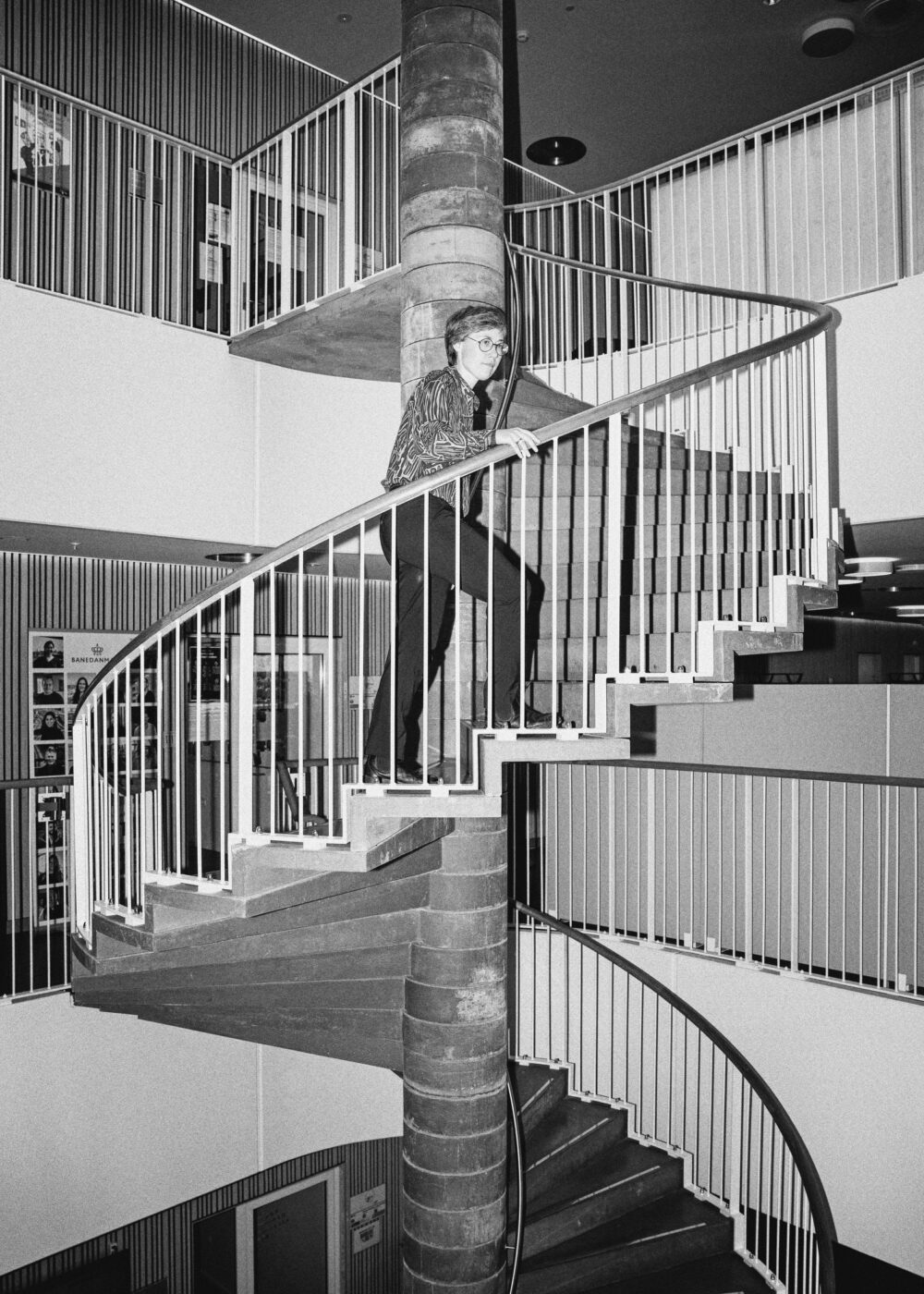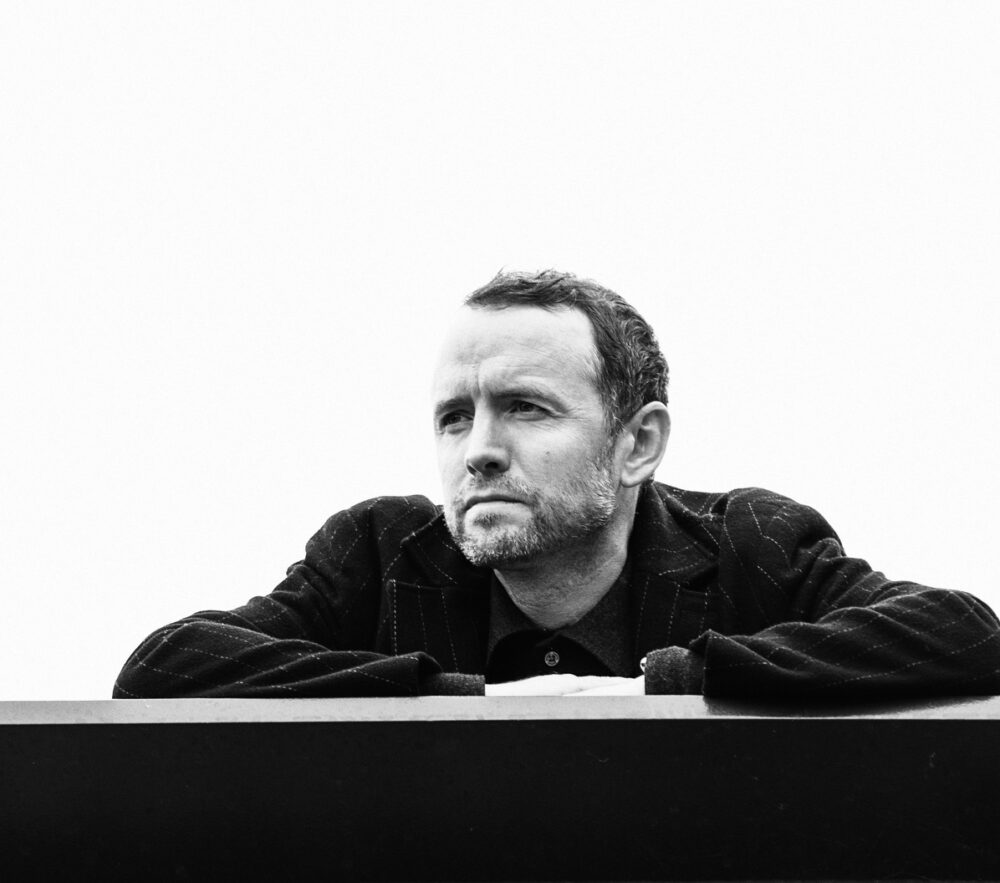Learn to think long-term
The difference between being a team lead and project manager was surprisingly significant. When I served as a team lead, I felt like a project manager. To an extent, that was true. But in hindsight, I realise my perspective was somewhat narrow. I was familiar with the solution, the client, and was poised to shoulder others’ responsibilities, to oversee projects, and ensuring we hit our targets. But at the same time, the work was very local and short-term.
As a project manager, my perspective shifted significantly. I had to ask different, longer-term questions like, ‘Have we reached our overarching goals at the end of these sprints?’ or ‘Do we have the right people on board to solve the necessary tasks?’ This experience was an eye-opener. Particularly surprising was how my relationship with the client evolved, especially in terms of project management and steering groups. The political aspect of the project became much more prominent. As a team lead, I could focus on the solution, the technology, business experts, and end-users. But stepping into the project manager role, I suddenly had to navigate a complex political landscape, crafting narratives and reports on timelines, go-live dates, relationships, organization, and other vendors in entirely new ways.
Moreover, I had to manage the team and ensure their well-being, which occupied a greater part of my role than I had anticipated. This was a dimension of leadership that, as a team lead, I was somewhat shielded from.






